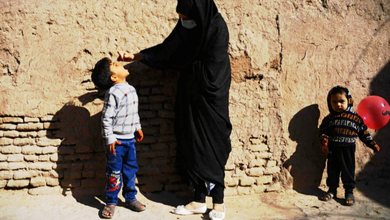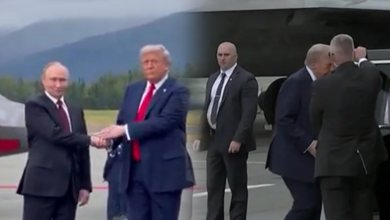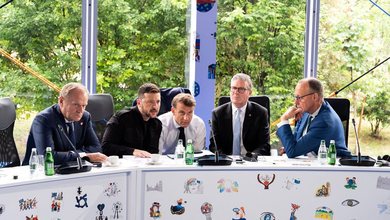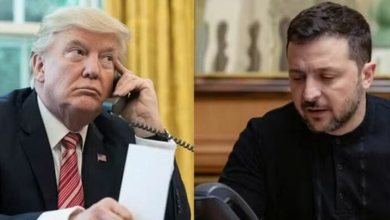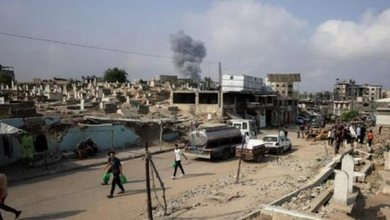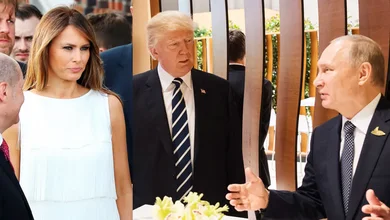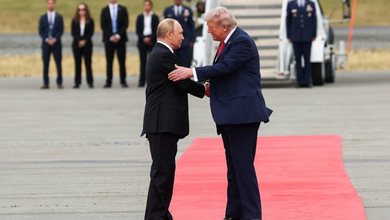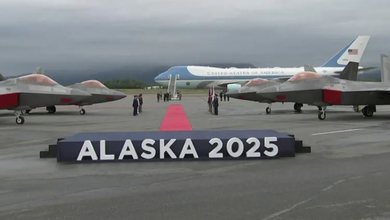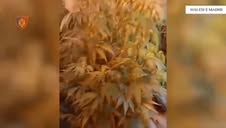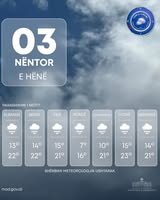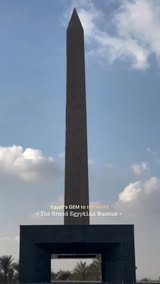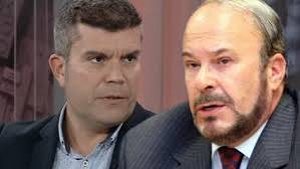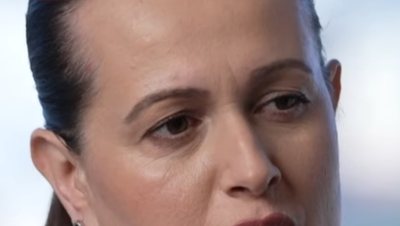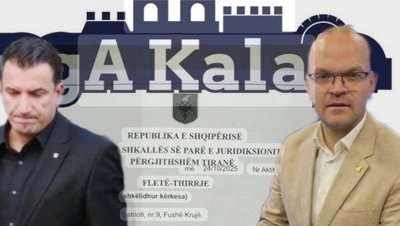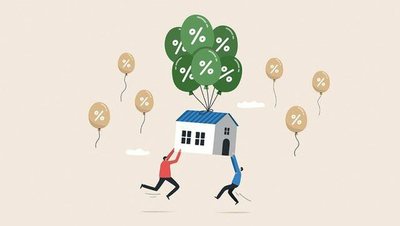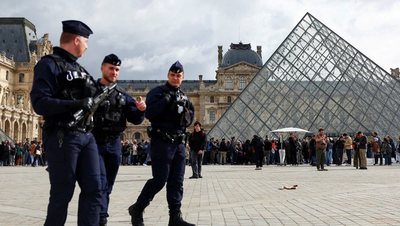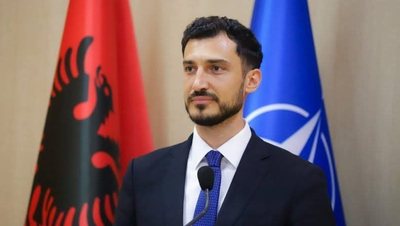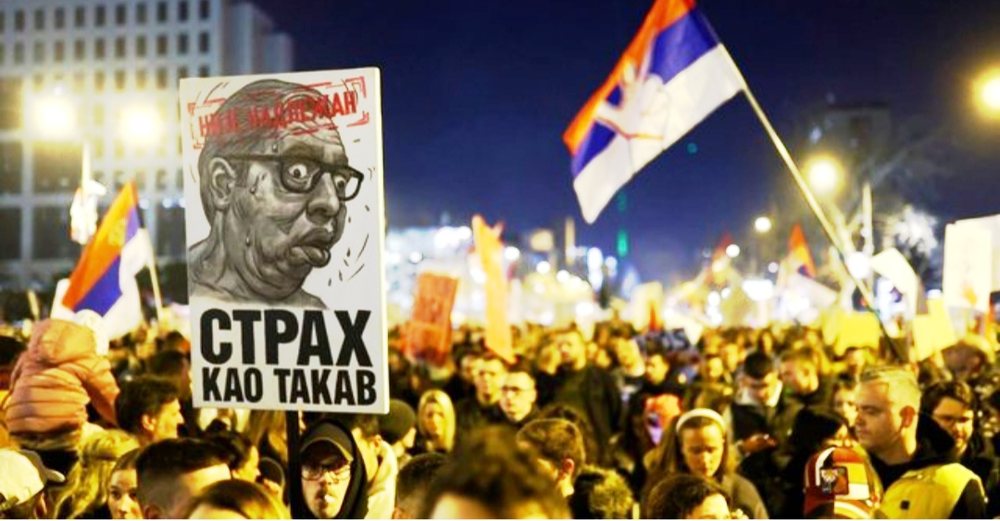
For nine months, Serbia has been gripped by massive student-led protests against the autocratic regime of President Aleksandar Vučić. Initially peaceful, the protests have escalated in recent days in major cities such as Belgrade, Novi Sad, Niš and Vrbas, where violent clashes have erupted between protesting citizens and supporters of the ruling party, the SNS.
German media, including Tagesspiegel, Frankfurter Allgemeine Zeitung and Rheinische Post, reported on a tense atmosphere in the country. Students accuse Vučić of pushing the country towards civil war by refusing to listen to demands for free elections and a fight against corruption. According to them, the regime is using people with criminal records to suppress the protests, while the police are not intervening effectively.
Footage from the protests shows violent clashes and injured citizens. In Novi Sad, a student exhibition was destroyed by party militants, while in Bački Petrovac the Slovak opposition also intervened to demand protection for the Slovak minority.
President Vučić has chosen to remain in the role of party leader rather than act as president of all citizens, further fueling tensions. “Serbia no longer has a president,” said journalist Milan Qulibrk. According to the student movement, Vučić is “deliberately plunging the country into civil war.”
Protests remain strong, while students are seen as a new political force that is challenging the current regime and demanding a democratic Serbia, free from corruption and with the rule of law.


